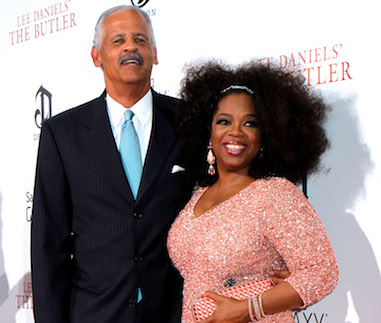Roger is 45 and called to make an appointment. “My wife has changed overnight,” he says. “And she won’t come in to therapy. Help me, what should I do?”
As an experienced marriage therapist, I’m thinking, “She might be having an affair,” and when I ask the husband if she is, he says, “I really don’t think so. She says she isn’t.” At this point I think, “Sounds like he may be in denial, but maybe not …”
Love affairs cast an emotional speIl on people, and when they become infatuated with someone else their behavior will change suddenly. In the cases where isn’t an affair and a wife’s behavior changes, you can be sure she has at least reached a point where she has decided to turn her back on the marriage due to frustration and disillusionment with her husband. She may have made requests of him that have been ignored, waved and danced around trying to get his attention on improving the marriage, and has now given up. When this happens, there are numerous signs that will indicate her shift. Here is what to look for:
- She starts doing activities away from the marriage that don’t include you. She is seriously unhappy in the relationship but not ready to leave. She tells herself that she can exist in the unhappy marriage so long as she disconnects and does her own thing as much as possible. This could be new friends, a new lifestyle, an affair, going back to school, trips alone, new activities like exercise, bicycling, yoga.
- Her attitude is no longer respectful. She used to treat you with kindness and consideration, but now she doesn’t bother. She may make snide or sarcastic remarks, and stop editing herself with you and around others.
- She is less cooperative. She used to be helpful and accommodating. Now not so much: “Pick up your own take-out food,” Bucko, “And while you’re at it, I will no longer be responsible for taking your mother to the doctor.”
- She speaks brutal truths. You know how nice I’ve been to your family all of these years?” she says. “Well, the truth is I hate them all, and I hate you, too. I hate your shoes, and the way you hold the newspaper and slurp your coffee in the morning.”
When your wife starts acting in these ways, your married days are numbered. Sometimes it is too late to stop the marital deterioration at this point, but many other times a marriage can be saved with a good Marriage and Family Therapist, especially if your spouse is not emotionally involved with someone else. It depends on your individual situation and the history of your relationship. One thing is for sure, however, if your spouse starts distancing, you had better wake up and hear what she has been trying to tell you or your marriage will end. Distancing always signals her loss of hope for the relationship she has with you, and she’s just going through the normal human process of disconnecting.

 Becky Whetstone is an Arkansas native and has a Ph.D. in Marriage and Family Therapy from St. Mary’s University in San Antonio, Texas. She is a Licensed Marriage and Family Therapist (LMFT) in Texas and Arkansas.
Becky Whetstone is an Arkansas native and has a Ph.D. in Marriage and Family Therapy from St. Mary’s University in San Antonio, Texas. She is a Licensed Marriage and Family Therapist (LMFT) in Texas and Arkansas. 






















































































































